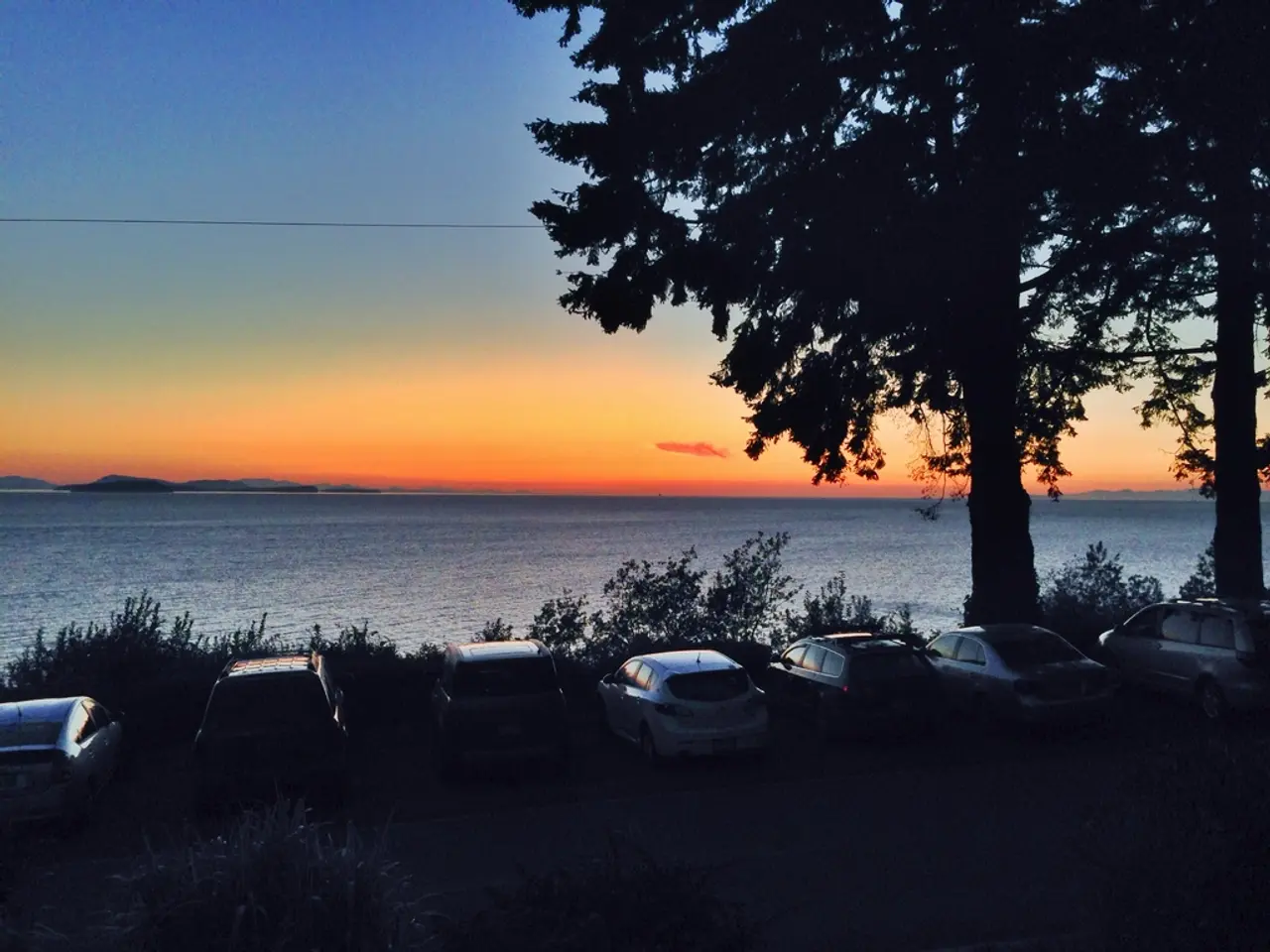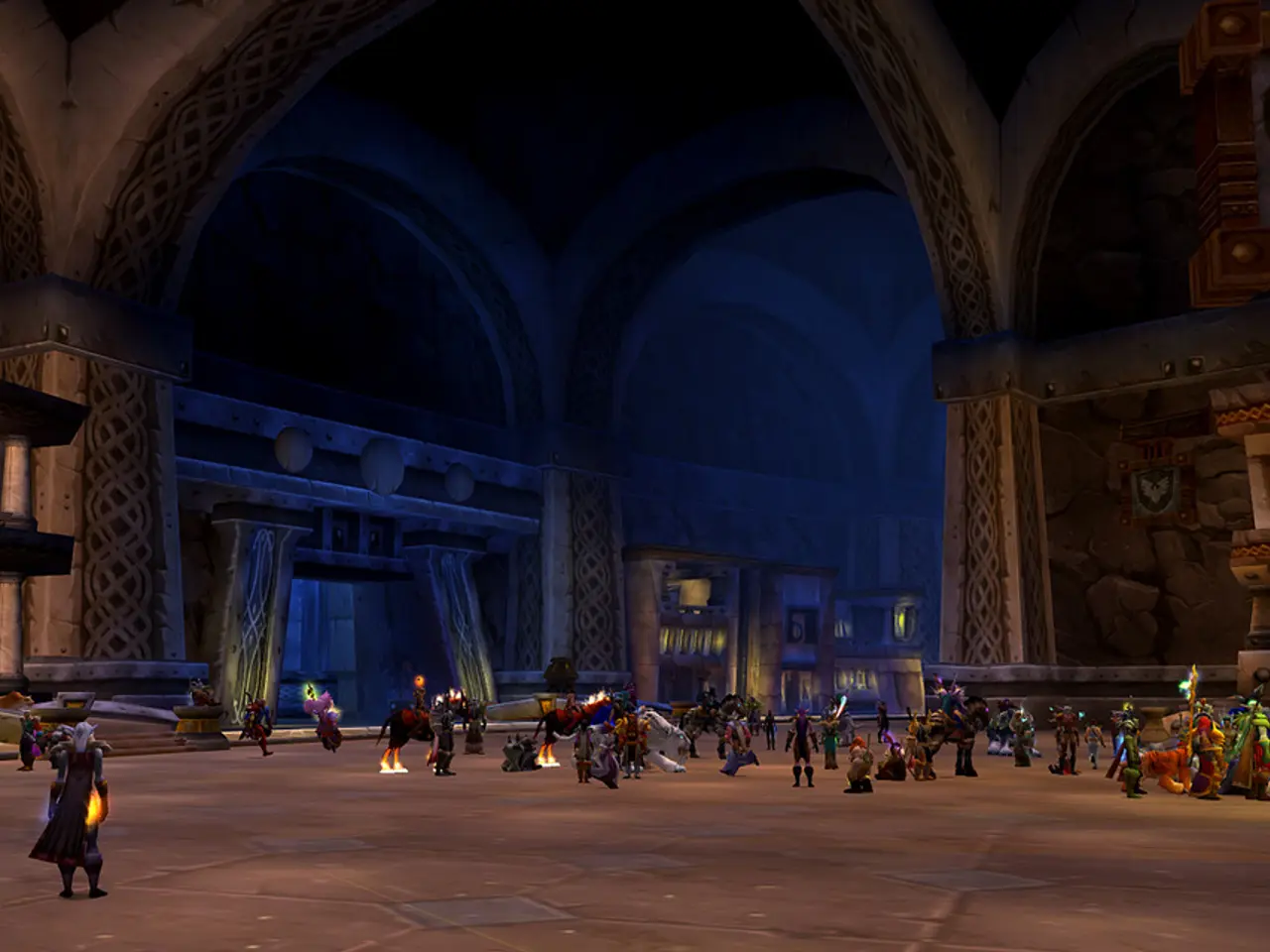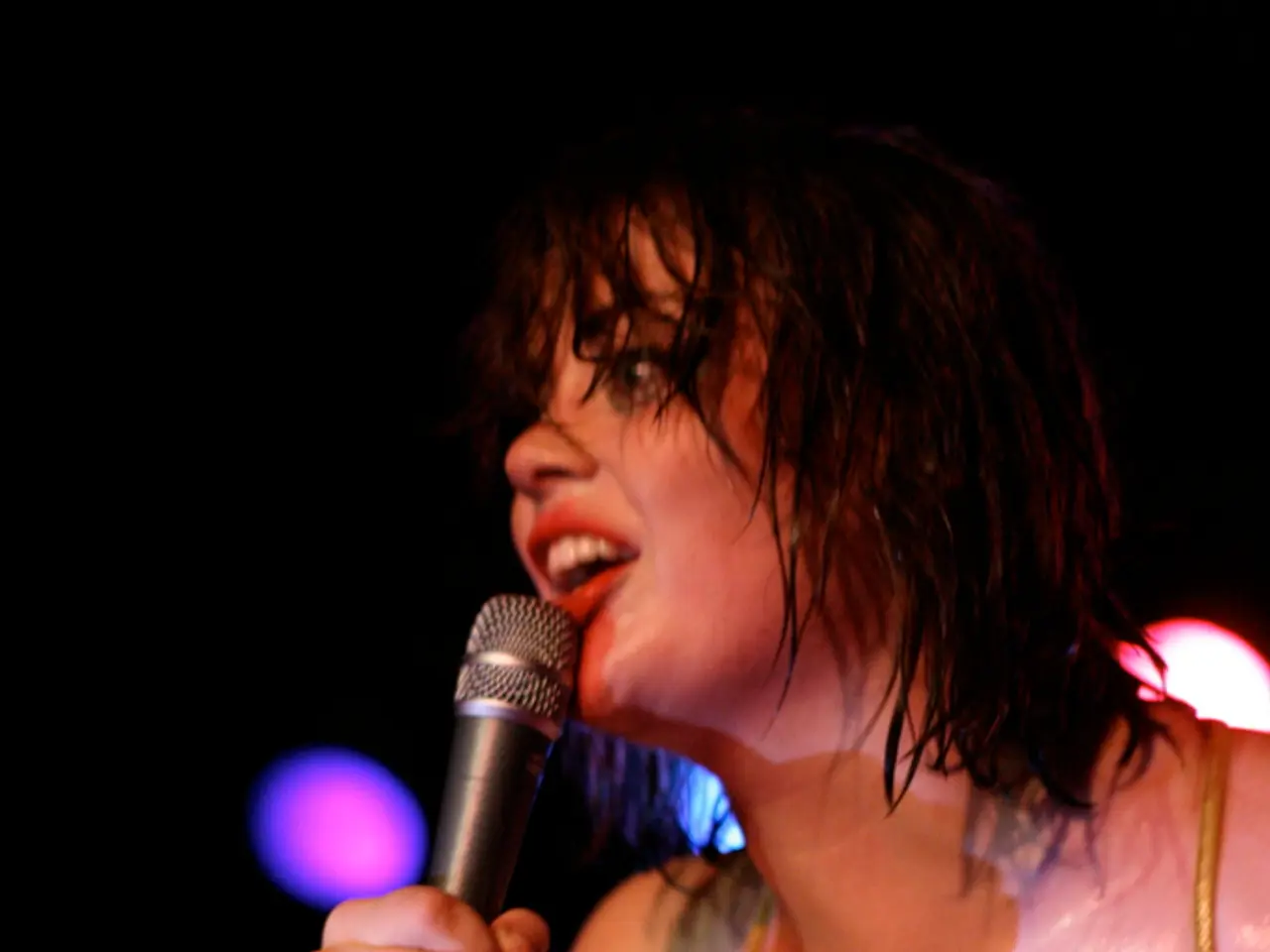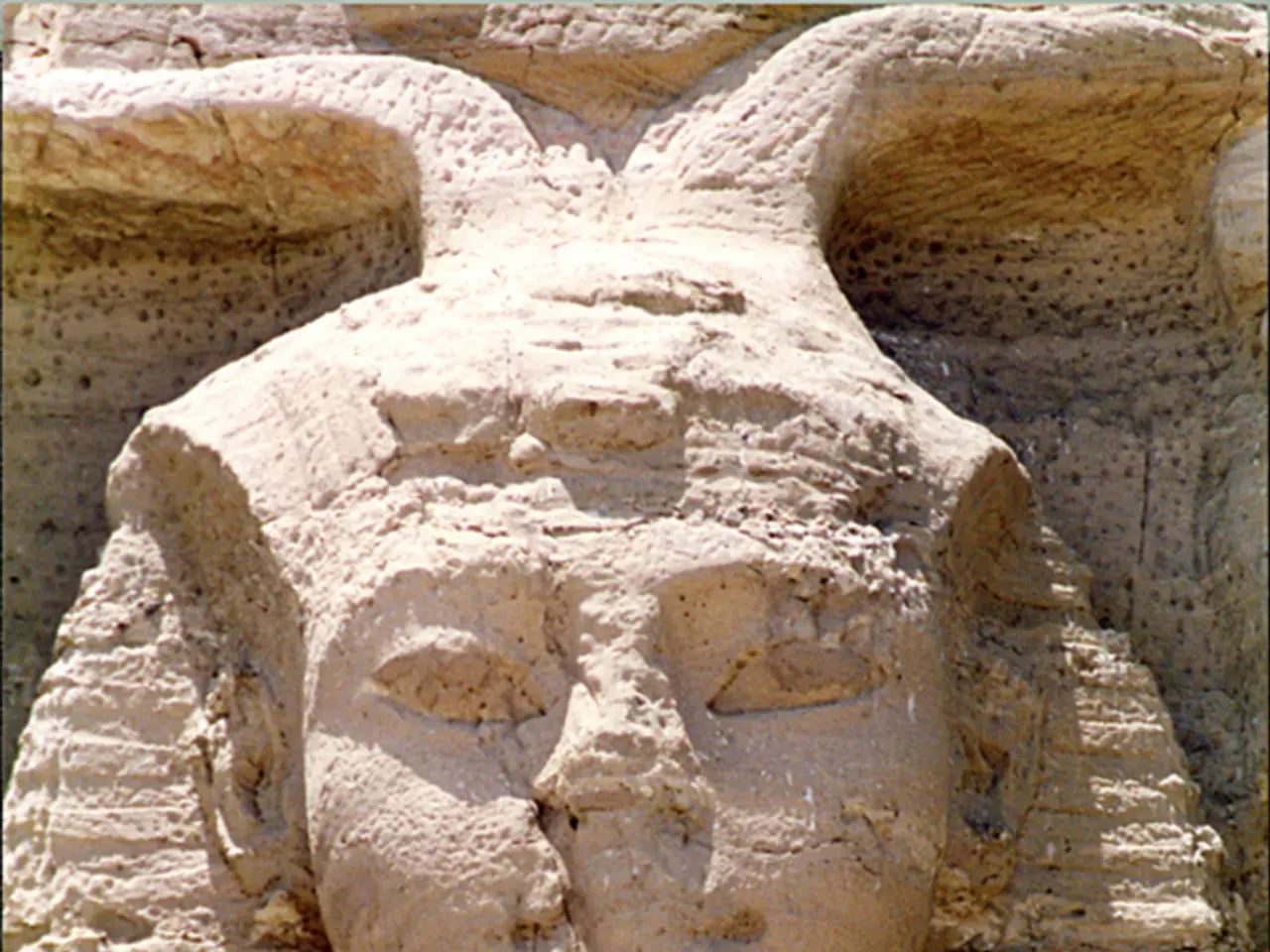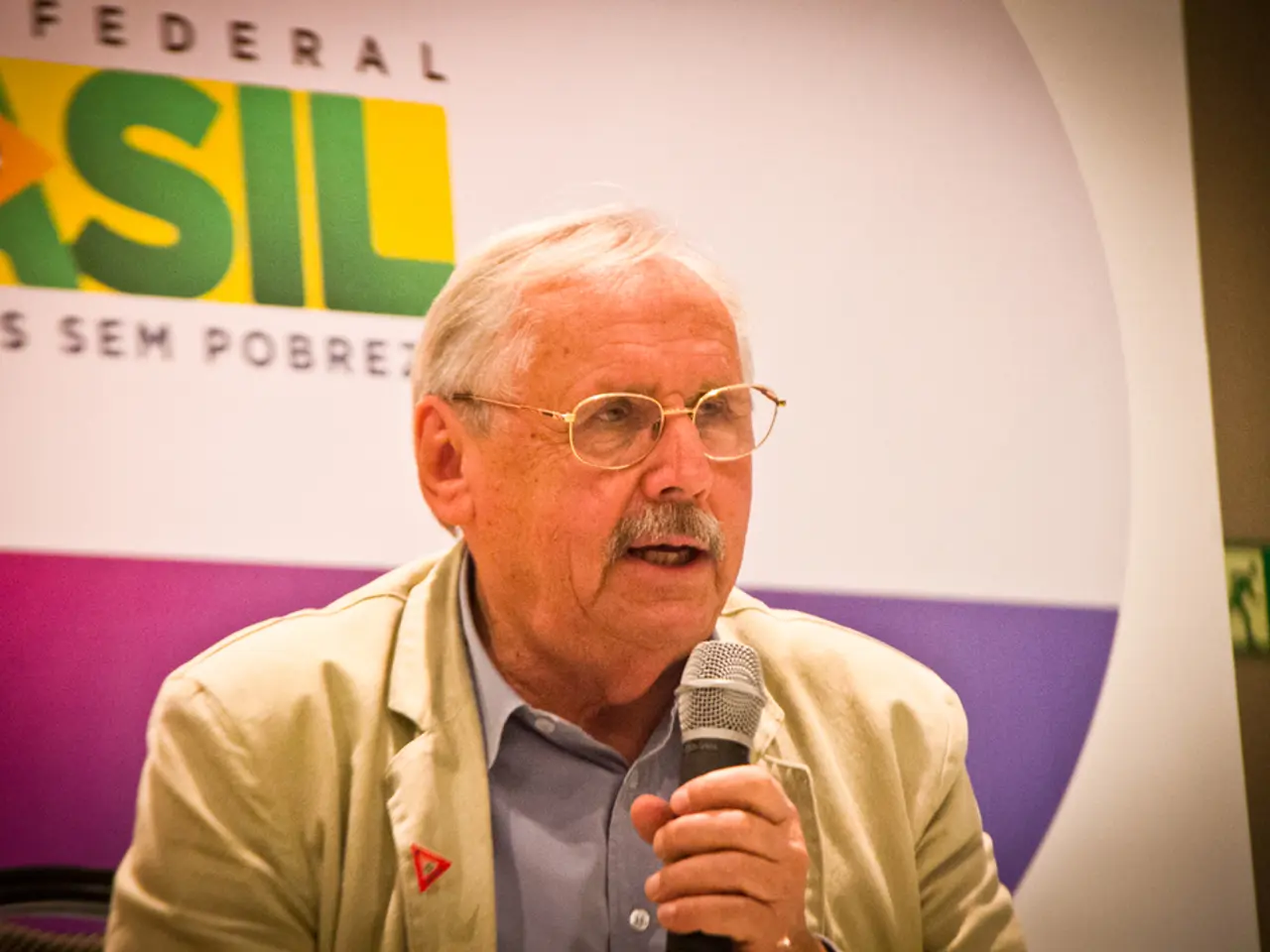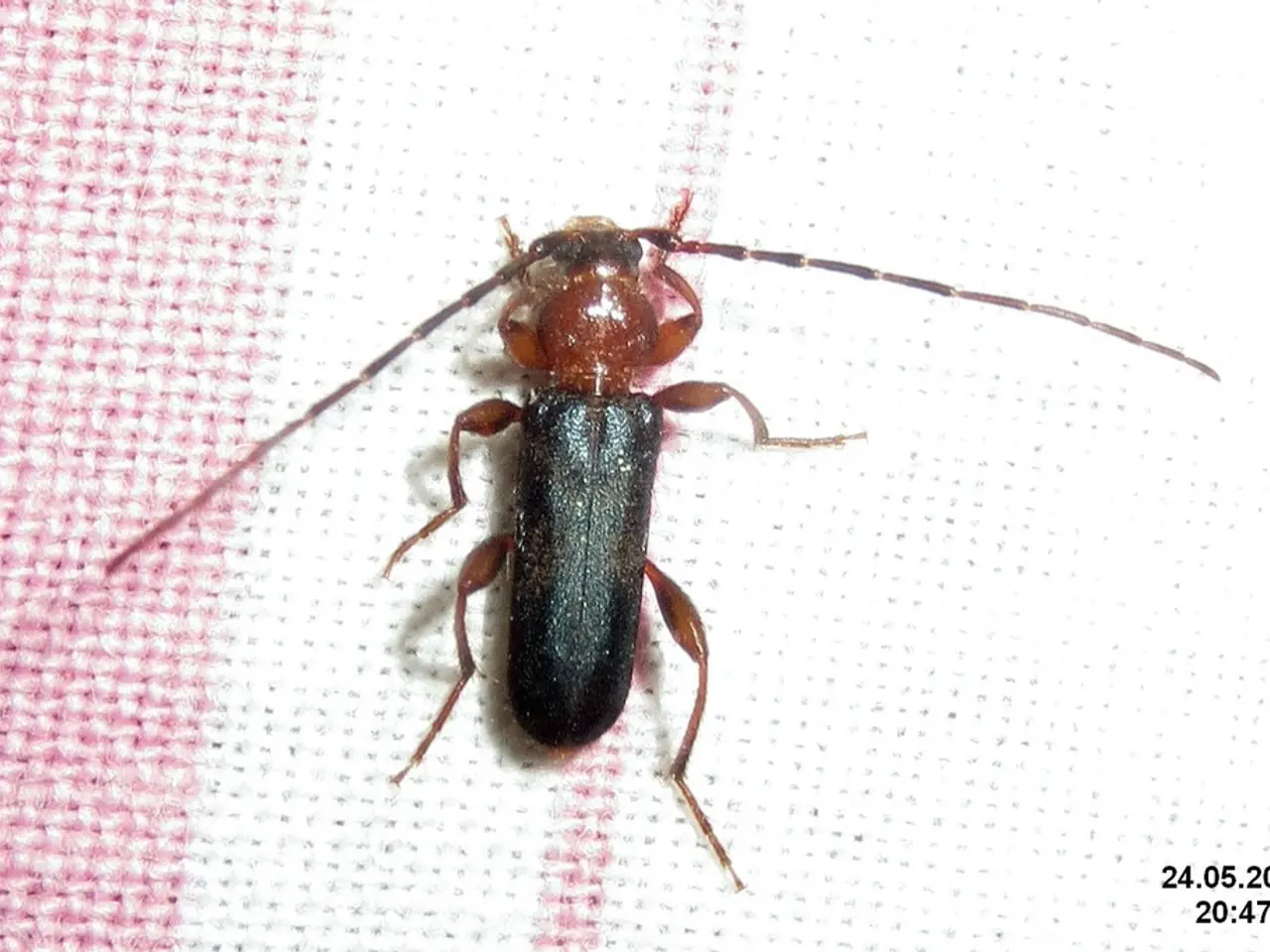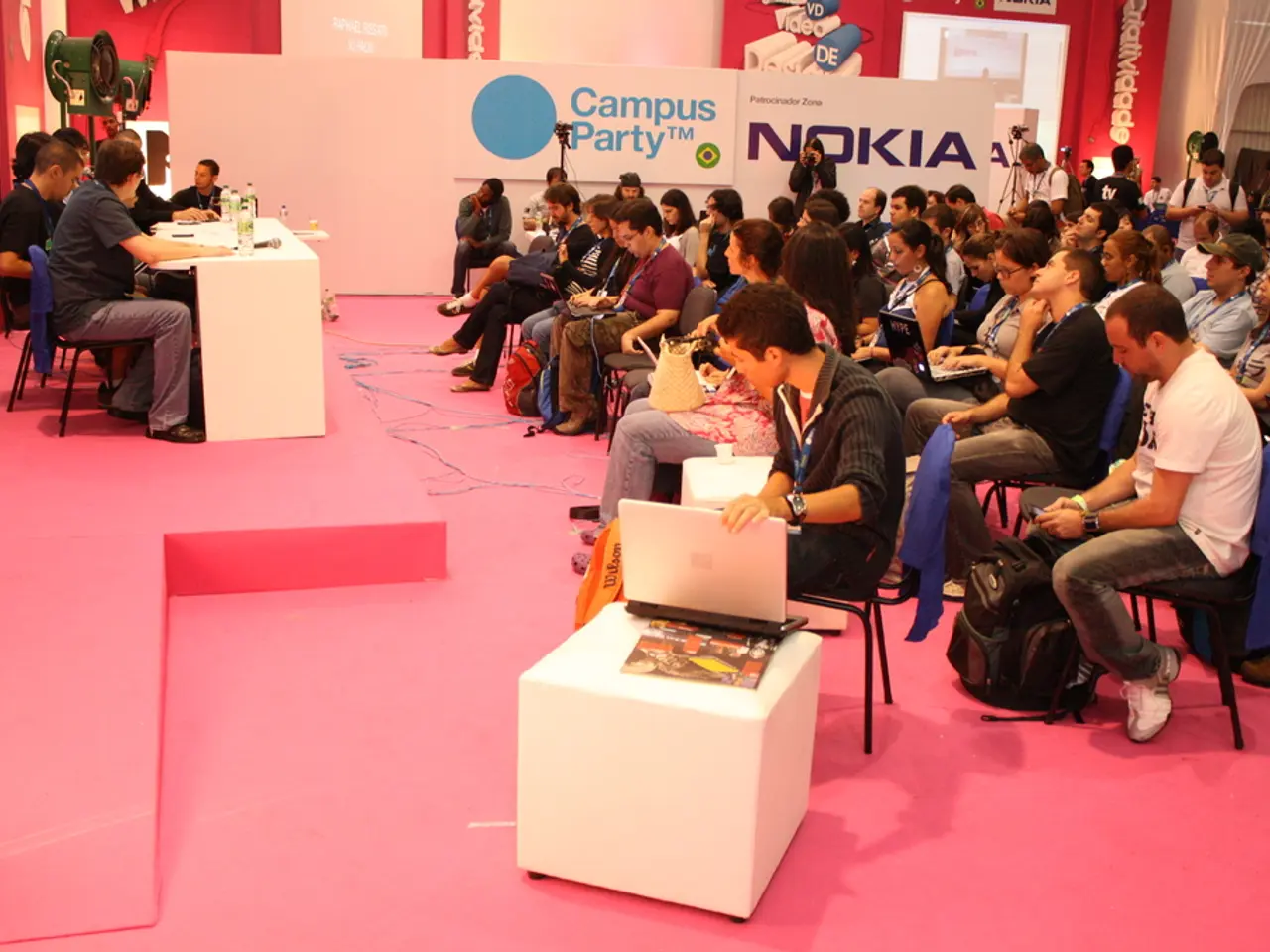Struggles, prejudice, and resistance: Advocacy for queer Filipinos in climate change discourse
In the Philippines, the fight for climate justice is gaining a new voice - one that is bold, colourful, and unapologetically queer. Celestia, a Filipino climate activist and drag performer, is one of the leading figures in this movement.
Celestia's activism is deeply rooted in intergenerational memory. She sees herself as a continuation of the resistance started by the women and queer people who fought before her. Representing Youth for Climate Hope Philippines at the Bonn Climate Camp and United Nations climate negotiations in Germany, Celestia wore heels and advocated for greater inclusion of LGBTQIA+ voices in the global climate movement.
The intersection of LGBTQIA+ rights and climate justice is becoming increasingly apparent in the Philippines. Organisations like Youth Advocates for Climate Action Philippines are supporting the creation of Stonewall Philippines, an LGBTQIA+ collective aiming to unify queer climate activism voices. Alvin Toni Gee Fernandez, executive director of the LGBTQIA+ group Mujer in Mindanao, underscores the need for inclusive climate justice, highlighting how climate change is deeply tied to social issues beyond just weather.
Prominent queer Filipino activists and academics, such as Dr. Kevinnadal, are merging their LGBTQIA+ identities with academic and climate activism, showing the intersectional nature of this movement. This emerging queer Filipino climate activism resonates with broader global trends where groups like Brazil’s GOLD emphasize the importance of addressing environmental transphobia and centering LGBTQIA+ needs in climate policies.
However, the road to climate justice is not without challenges. During super typhoon Odette in 2021, people living with HIV in Southern Leyte couldn't access antiretroviral therapy for weeks. LGBTQIA+ communities often face housing and job insecurity, lack access to legal protections, or are excluded from government services. In the aftermath of typhoons, LGBTQIA+ individuals may be denied access to welfare and relief aid due to a lack of legal documentation, leaving them without support for months.
Recent incidents, such as the "disturbing pattern of trans femicide" following the killings of two transgender women in June, and the shooting of trans rights activist and radio commentator Ali Jejhon Macalintal, underscore the urgent need for protection and support for LGBTQIA+ individuals.
In response, Justice with Pride: LGBTQIA+ Community Legal Guidebook in the Philippines was launched in June by Mujer in partnership with TrustLaw, the Thomson Reuters Foundation’s global pro bono legal network, and legal firm SyCip Salazar Hernandez & Gatmaitan. The guidebook outlines existing legal protections, actionable steps against discrimination or "red-tagging", and best practices for safe advocacy.
Celestia's drag performance is a call for inclusion and challenges traditional norms in a high-level policy arena. Her activism, along with the efforts of other queer Filipino climate activists, reflects an intersectional understanding that climate justice must incorporate LGBTQIA+ rights due to the overlapping vulnerabilities and unique perspectives of queer communities in the face of environmental crisis. The fight for climate justice is no longer just about the environment - it's about equality, inclusion, and the rights of all people.
- Celestia, a Filipino climate activist and drag performer, advocated for greater inclusion of LGBTQIA+ voices in the global climate movement at the Bonn Climate Camp and United Nations climate negotiations.
- The intersection of LGBTQIA+ rights and climate justice is becoming increasingly apparent in the Philippines, with organizations like Youth Advocates for Climate Action Philippines supporting the creation of Stonewall Philippines, an LGBTQIA+ collective aiming to unify queer climate activism voices.
- Dr. Kevinnadal, a prominent queer Filipino activist and academic, merges their LGBTQIA+ identities with academic and climate activism, showcasing the intersectional nature of this movement.
- During super typhoon Odette in 2021, people living with HIV in Southern Leyte couldn't access antiretroviral therapy for weeks, highlighting the challenges LGBTQIA+ communities face in the aftermath of natural disasters.
- Recent incidents, such as the killings of two transgender women and the shooting of trans rights activist Ali Jejhon Macalintal, underscore the urgent need for protection and support for LGBTQIA+ individuals.
- In response to these challenges, Justice with Pride: LGBTQIA+ Community Legal Guidebook in the Philippines was launched, outlining existing legal protections, actionable steps against discrimination, and best practices for safe advocacy for LGBTQIA+ individuals.
- The fight for climate justice is no longer just about the environment, but also about equality, inclusion, and the rights of all people, as exemplified by Celestia's drag performance, which is a call for inclusion and challenges traditional norms in a high-level policy arena.
